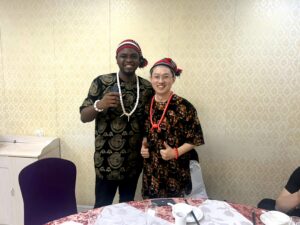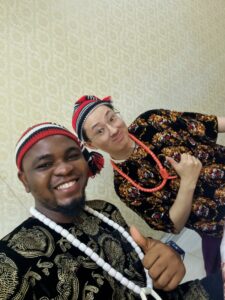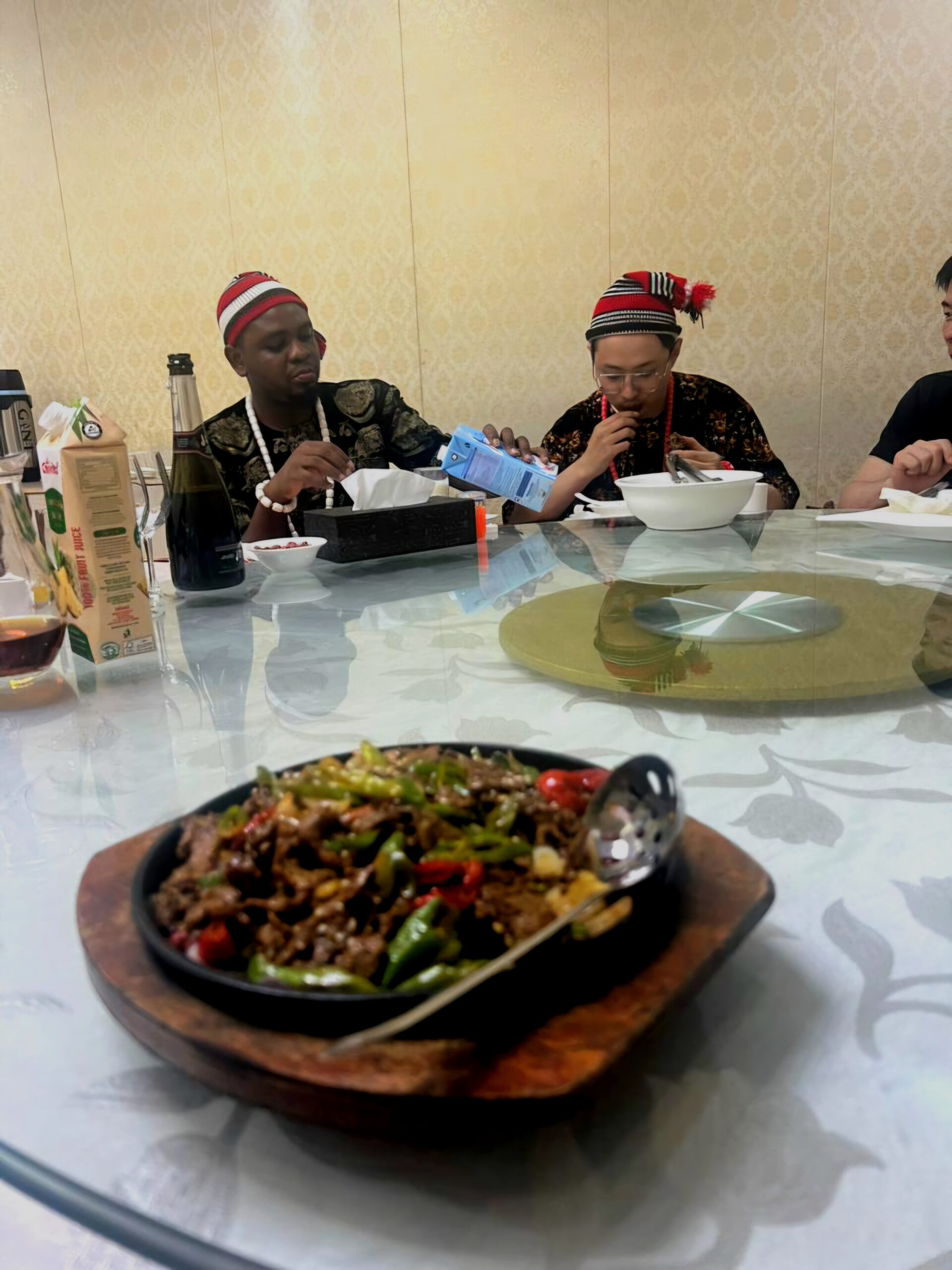Today, Nigeria celebrates 64 years of independence, while China marks 75 years. As we reflect on these milestones, an important question arises: Have we truly demonstrated the essence of independence? Despite the 9-year gap between our countries, how close are we to China’s level of progress? What can we say we’ve truly achieved in these 64 years? Do these independence anniversaries truly warrant celebration, or should we be asking ourselves tougher questions? Are we still the “Giant of Africa” as we are often referred to? And why do some countries, which gained independence much later, seem to be developing faster than us?
These are the questions we should be asking ourselves, instead of merely organizing ceremonies and declaring public holidays.

In the spirit of celebration, I wished one of my Chinese friends a happy independence. He graciously returned the compliment and shared an interesting observation—he expressed his hope for Nigeria to grow and thrive more quickly. His words struck a chord with me, and in our conversation, we began comparing Nigeria to other African countries he’d visited. He noted that while countries like Tanzania seem to have a calm nature, Nigerians possess a “tiki-taka” energy, full of hustle and intensity, which he humorously demonstrated with an animated gesture. We laughed, but his point resonated deeply with me. Nigerians are known for their resilient spirit—we hustle, we endure, and we thrive under pressure, doing whatever it takes to survive in a system where the government’s support is often lacking.
He also remarked on our collective pursuit of wealth. Nigerians are known for our hustle, always striving to make ends meet. Ironically, my Chinese friend had come to Nigeria to do the same—make money while offering value in return.
Despite these shared characteristics, the differences between China and Nigeria are striking. Both nations are populous—China with 1.4 billion people and Nigeria, the most populous black nation, with over 200 million. Both countries have experienced wars and have had to rebuild. Both have a shared cultural value placed on wealth and the lengths people are willing to go to secure it. However, China is leaps ahead in terms of technological advancement and global influence.
So, why this disparity? After years of working closely with Chinese colleagues, I’ve identified three key elements that set them apart: Cooperation, Discipline, and Good Governance.
1. Cooperation: The Chinese are masters of collaboration. They trust each other, work seamlessly together, and only extend trust to outsiders once they’ve built a solid understanding. This is why companies like Transsion can own multiple subsidiaries like Boomplay, Tecno, Infinix, and Itel, yet these brands operate independently, competing in the same markets without clashing. In Nigeria, however, it often feels like everyone wants to be a CEO, constantly competing and fighting for dominance rather than fostering partnerships that could propel us forward together.

2. Discipline: The Chinese follow a strict chain of command. In my work with them, I’ve often noticed that even simple decisions have to go through the proper channels. While this may seem tedious at times, it ensures accountability and order. In contrast, we sometimes allow personal conflicts to escalate—whether in Nigeria or abroad—often forgetting that we are brothers and sisters. I’ve seen situations where Nigerians fight each other abroad in the most embarrassing ways, all to please a third party. This lack of unity among ourselves holds us back.
3. Good Governance: China’s zero tolerance for corruption is admirable. Politicians and officials found guilty of corruption are held accountable and even jailed. Unfortunately, I cannot say the same for Nigeria, where corruption remains a significant issue, despite our claims to practice democracy. China’s economy was once in a worse state than Nigeria’s, but look at them now—leading the world in technology and economic growth.
We must ask ourselves: Can we change? Can we improve?
I believe we can. This is not about denigrating Nigeria, but about confronting the truth. If we want to make real progress, we—the people—are the key drivers of change. Two of the three points I mentioned are about the people, and only one is about the government. That means we hold the power to shape our future.
Every country has its own challenges, or “wahala,” but today, let’s look at China’s success and see how far we can go if we work together.
Happy Independence Day, Nigeria my country.
by Collins Ugwuamadi.
